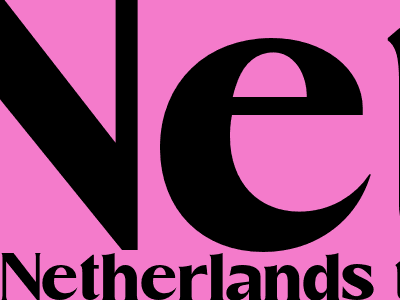
Netherlands to Implement Land Border Controls from Dec. 9
Stricter security measures to be in place at borders with Belgium and Germany
Move comes in response to rising concerns over illegal immigration and drug trafficking
The Netherlands will implement land border controls at its borders with Belgium and Germany from December 9, 2022, in a bid to tackle illegal immigration and drug trafficking.
The decision was made by the Dutch government in response to a sharp increase in the number of illegal border crossings in recent months.
The new controls will involve increased police patrols and the use of mobile surveillance cameras at border crossings.
The Dutch government has stressed that the controls will be carried out in a proportionate and non-discriminatory manner.
However, the move has been met with criticism from some groups, who argue that it will hinder the free movement of people and goods within the Schengen area.
What are the reasons for the new border controls?
The Dutch government has cited several reasons for the introduction of the new border controls, including:
- Rising numbers of illegal border crossings: The number of illegal border crossings into the Netherlands has increased significantly in recent months.
- Concerns over illegal immigration: The Dutch government is concerned about the potential for illegal immigrants to enter the country through its land borders.
- Drug trafficking: The Netherlands is a major transit route for drugs, and the government is concerned about the potential for drugs to be smuggled into the country through its land borders.
How will the border controls be implemented?
The new border controls will involve:
- Increased police patrols: There will be an increase in the number of police patrols at border crossings.
- Mobile surveillance cameras: Mobile surveillance cameras will be used to monitor border crossings.
- Random checks: Random checks will be carried out on people and vehicles crossing the border.
What are the potential consequences of the border controls?
The new border controls are likely to have a number of consequences, including:
- Delays at border crossings: The new controls are likely to lead to delays at border crossings.
- Restrictions on the free movement of people and goods: The new controls could restrict the free movement of people and goods within the Schengen area.
- Increased costs for businesses: The new controls could increase costs for businesses that transport goods across the border.
Conclusion
The Dutch government's decision to implement land border controls is a controversial one. While the government argues that the controls are necessary to tackle illegal immigration and drug trafficking, critics argue that they will hinder the free movement of people and goods within the Schengen area.
The impact of the new border controls remains to be seen. However, it is likely that they will have a significant impact on the movement of people and goods across the Dutch border.